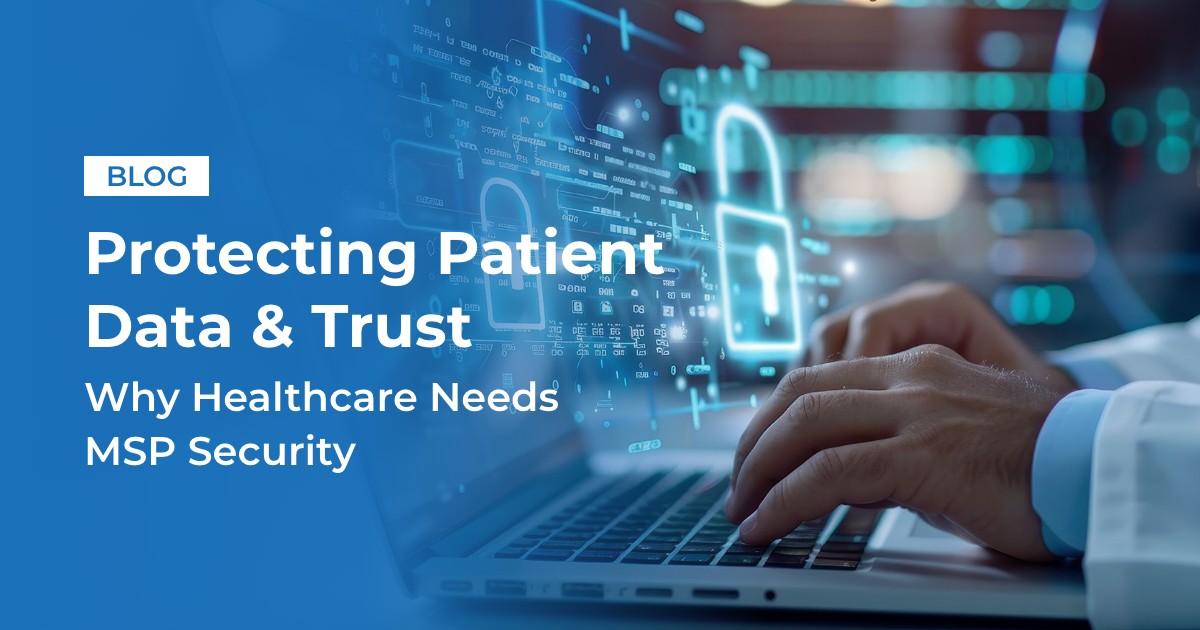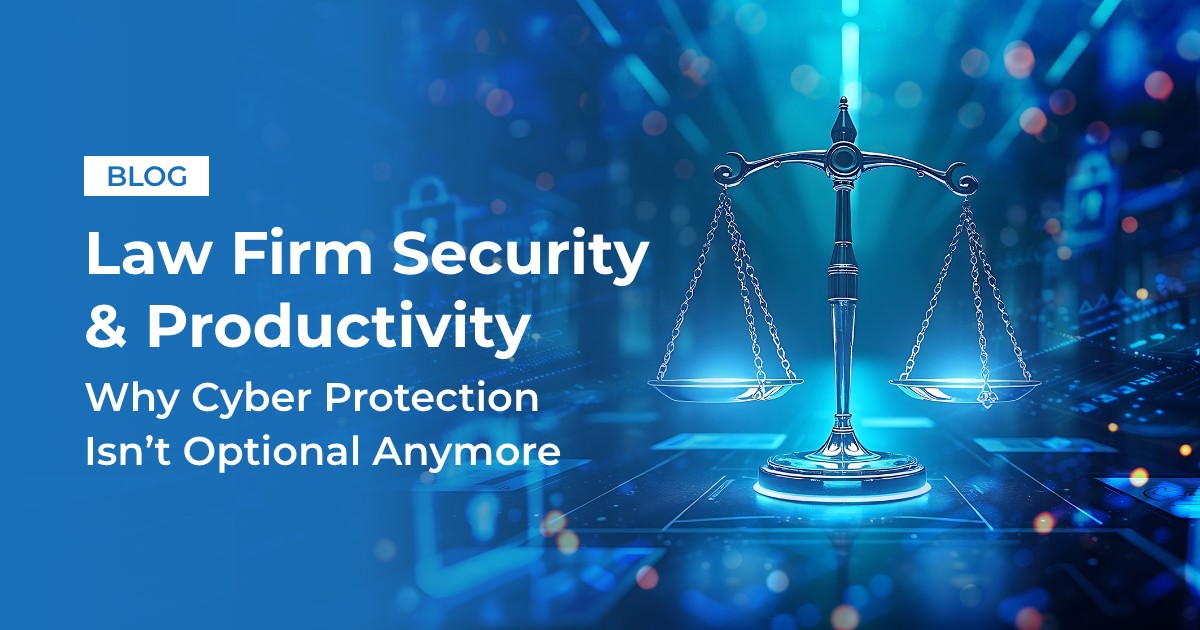While cyberattacks have been on the rise for several years, tensions have been particularly heightened in the past month amidst the crisis in Ukraine following the Russian army invasion. Experts worried the event would cause the breakout of the first “cyber war,” where warfare crosses from the physical battlefield to the digital.
Attacks on the region have increased significantly since the crisis began, with cyberattacks in Ukraine increasing by 10 times, according to one measure. Revered cybersecurity firm Mandiant warned that these Russian attacks on Ukraine could spread far beyond the region itself and urged organizations to take additional precautions to protect themselves from any potential attack.
It may seem like a warning reserved for bigger enterprises, but the reality is that SMBs also need to ensure their defenses are strong amidst this current crisis. Cyberattacks do not discriminate based on the size of a business or industry. If anything, SMBs can be more vulnerable as they tend to have fewer defenses overall than their highly-funded enterprise peers.
While we have not seen the devastating cyber war that some emerge as of yet, it remains true that SMBs should reevaluate their lines of defense, either for this current crisis or for any future cyberwar. There are many areas that an SMB can evaluate when it comes to revisiting and invigorating their cyber defenses. Organizations should first follow essential cybersecurity best practices, including patching for known vulnerabilities, leveraging anti-virus, implementing Zero Trust principles, and launching critical password protections such as multi-factor authentication.
SMBs should also consider refreshing cybersecurity training and best practices with employees, as employees themselves can often prove to be an organization’s weakest link, and a single employee clicking on a nefarious web or email link can compromise the entire organization. Implementing phishing and other forms of training can go a long way toward limiting this threat vector to the organization.
Organizations should also consider ongoing security monitoring to pinpoint any suspicious activity inside the network. This can be done through a Security Incident Event Management (SIEM) system or Security Operations Center in-house or by leveraging the services of a Managed Service Provider to outsource these capabilities.
These are just a few steps that an SMB can take to limit their cyber risk. Of course, each of these protections is helpful against everyday cyber attacks and in times of heightened risk. While the current Russia-Ukraine crisis has not resulted in the global cyber war that some predicted might occur, the crisis still signals the vulnerability of our digital assets around the world and highlights the importance of strong cyber protections. With that in mind, the crisis is an excellent reason to revisit digital protections and make sure protections are set up for any further threats.





